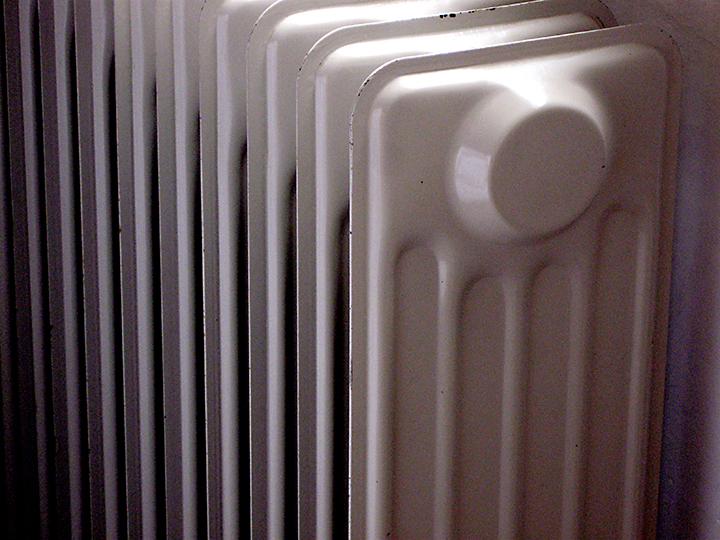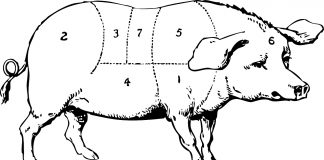 |
|
| Issue #90 • November/December, 2004 |
If you are going to try to take the chill out of your home without turning on your main sources of heat, or if you want to add a little heat to the home when it is colder than usual, never use your range to supplement heat in the home. Gas ranges burn natural gas and these can give off carbon monoxide. While electric ranges are not a source of carbon monoxide, this would be an expensive source of heat and the surfaces can cause burns.
If you need extra heat in your home, space heaters are designed for just that purpose. Here are some tips on the safe selection and use of space heaters:
- Make sure the space heater has been tested to the latest standards and is certified by a nationally recognized testing laboratory such as Underwriters Laboratories (UL).
- Make sure the heater has an automatic “tip-switch,” a cutoff device (now required) that turns off electric or kerosene heaters if they tip over.
- Make sure it has a guard around the flame area or heating element.
If you are choosing an electric space heater, keep in mind these important items:
- Place the heater on a level, hard, nonflammable surface; do not place on rugs or carpets, near bedding or drapes, or on tables or countertops.
- Keep the heater at least 3 feet from bedding, drapes, furniture or other flammable items.
- Turn the space heater off if you leave the area, and never leave a space heater on while sleeping or if you leave home.
- Keep children and pets away from space heaters.
- Do not use older space heaters or heaters with cords that are cracked or frayed.
In recent years some manufacturers and Consumer Product Safety Commissions have recalled some space heaters. Check out this list at: http://www/cpsc.gov.
If you decide to use a combustion-fuel heater (gas, propane, etc.) there are some important things to remember. They are:
- Do not use heaters that vent their exhaust into the room. They are referred to as unvented space heaters and can cause carbon monoxide to be released. Although an oxygen depletion alarm is standard with most of these heaters, these are not the same as carbon monoxide alarms. “Room-vented” space heaters that are wall-mounted and connected to gas lines are also “unvented” space heaters.
- Combustion fuel space heaters need to be professionally installed to vent all exhaust products outside the home. They should also be cleaned and tuned on a regular basis. And as with furnaces, this should be done by a professional.
- Unvented space heaters that use a combustion fuel such as kerosene, propane, or natural gas are not recommended for use in homes, including mobile homes.














